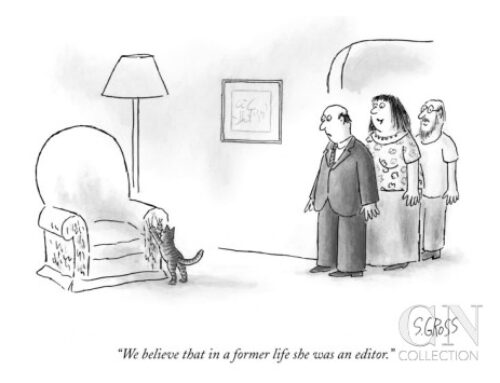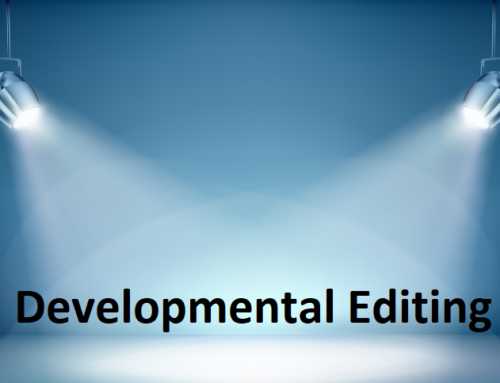[by Ross Browne]
The first thing I’d put on the table in connection with how we handle very flawed manuscripts can, I hope, go without saying. And that’s that we never want to be discouraging to an author. There’s no pleasure in telling a writer that a manuscript needs deep rewriting rather than editing or that its flaws run deeper than an intensive developmental edit can reasonably be expected to fix. But our commitment to telling writers the truth and presenting a realistic assessment of their chances at successful publication is fundamental to our support of the writer’s journey, no matter what his or her experience level. And this is an obligation we take seriously.
What makes this easier is how much most authors genuinely appreciate being told the truth. While we do come across the occasional author who doesn’t take criticism well, the vast majority of writers who come to us seem to understand how destructive false encouragement is to the creative process. Because we don’t summarily dismiss work the way an agent or publisher typically has to due to time constraints, but instead provide substantive, specific explanations about what’s not working and what the author may have to learn, the writer gets plenty to work with to fix what’s wrong or at least move things in the right direction.
Revise, rethink, or restart with a fresh perspective?
Some writers are happy to dig in and completely rethink projects around a stronger premise, a more original and engaging plot, or whatever deconstruction and reconstruction is necessary to rescue a promising but deeply flawed novel. Others move on and get to work on a different project, often with a better understanding of some fundamentals of fiction technique, thanks to their editor’s breakdown of why the initial effort wasn’t working. Some may even give up on writing altogether, or at least fiction writing, once they see how much work is involved in learning how to write a good novel that can have a shot at successful publication.
In our view it’s never an editor’s job to tell a writer to give up on anything or to stop writing. That’s a personal choice than can only be made by the author. But it is our job to give candid, knowledgeable diagnostic feedback so that a sound decision can be made based on a thoughtful and credible assessment of where the work currently stands.
The challenge for us is to be accurate in our generalizations about what a prospective client can expect from our feedback. We are committed to the effort to always be constructive and solution-focused in our critiques, but some manuscripts—especially early drafts of novels from writers who haven’t read much in their genre or spent much time learning about how to write a novel—have flaws that can hamstring an editor’s ability to be constructive in any kind of meaningful way.
In these (thankfully quite rare) cases, the focus of the written report turns more to the exploration of why a story doesn’t work, and in some cases to the points of craft that are being overlooked. The suggestions are likely to be more general than specific at this stage, that is until we’ve had a chance to present feedback to the author and discuss it. Once we know what the author is willing to change and what the intent of the original approach was, we can often come up with ideas to get things on a better track.
Different circumstances require different approaches to manuscript assessment
The feedback we provide will take on a different complexion depending on the nature of the work it addresses, so an evaluation of a fundamentally strong manuscript with a good story, engaging characters, and a terrific narrative voice is going to look different from an evaluation of something that has none of these attributes. What we promise is our best effort to be thorough, honest, fair in our analysis, and to provide valuable feedback regardless of the state of the manuscript or the level of experience of the author.
Some of the questions we ask ourselves as we read to assess the appeal of a book’s premise and the strength of a story, characters, writing, pace, etc., are largely consistent from manuscript to manuscript. Others are more specific to the story itself, the genre, the age group, or the author’s publishing goals.
And we have much more to say about this in part III which addresses the broad scope of topics a manuscript evaluation can address and the take-away value of such a memo for authors.
Looking for candid, constructive feedback on a novel, short story, or narrative nonfiction manuscript you’re working on from editors who will tell you the truth? Read more about our manuscript critique services here.







